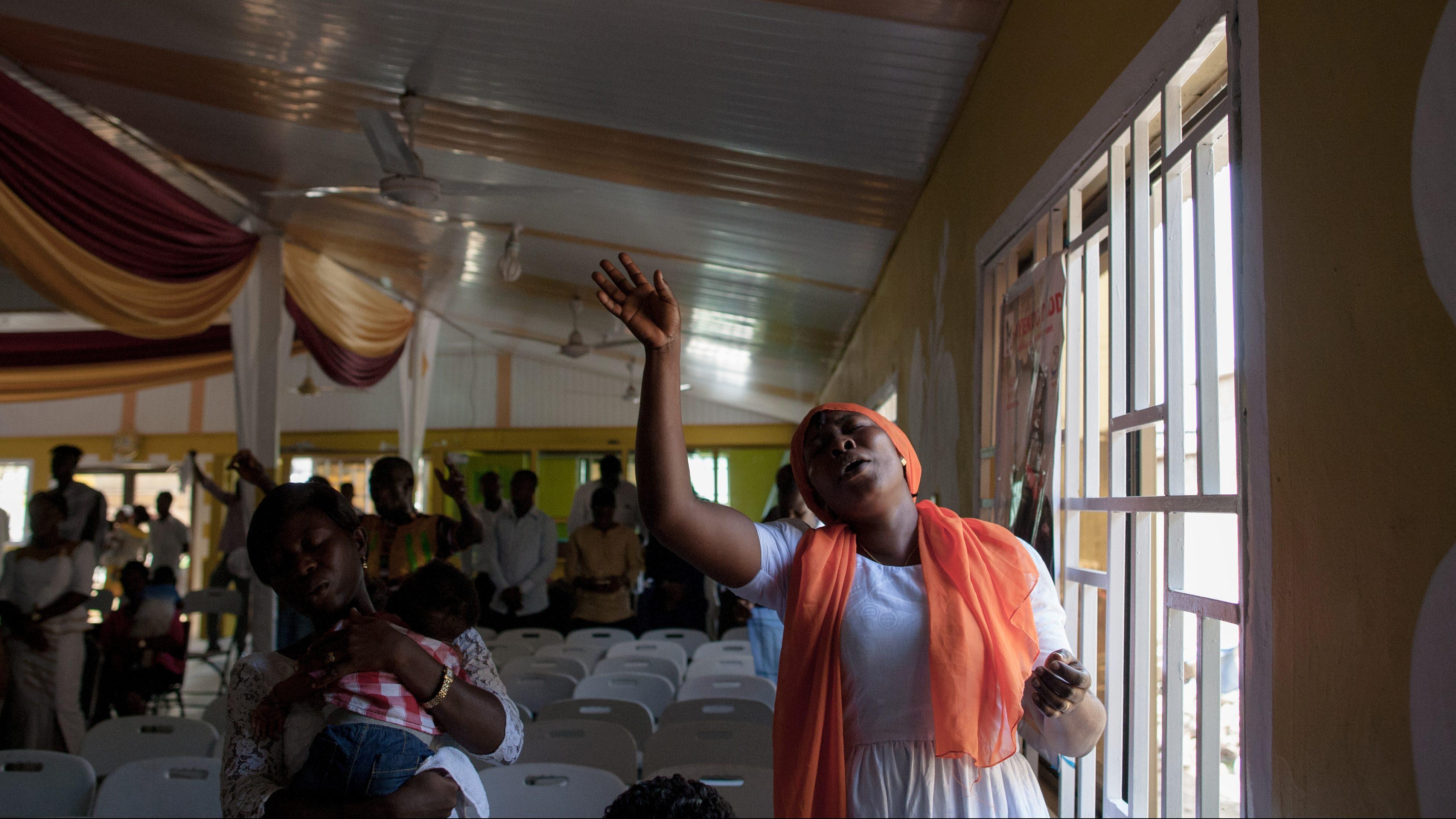“The peace I give is a gift the world cannot give. So don’t be troubled or afraid,” reverend father Ekpaa Maalo quotes from the gospel of John as he delivers the homily at an open air Sunday mass.
That passage has perhaps never been more important for the attentive congregation at Our Lady Queen of Africa parish (OLA) in Bolgatanga in Ghana’s Upper East region.
Ghana is in a state of alert because this staunchly religious country is grappling with a question it has never had to contemplate: how will it keep its places of worship safe—particularly churches? The security concerns have been precipitated by terror attacks in northern neighbor Burkina Faso where extremists have attacked churches.
The latest attack occurred on May 26 with four worshippers being killed. Since April, 18 worshippers and two priests have been killed in four separate attacks in Burkina Faso. Since 2015, nearly 400 people have been killed—according to a tally by the AFP news agency. While no group has claimed responsibility for the attacks on churches, the finger is being pointed at Sahelian militants aligned to global terrorist groups such as al-Qaeda.
Up to 71% of Ghanaians [pdf p.84] are Christians and there is no escaping religion’s influence on daily life. The country has long prided itself with its robust democracy, stability and inter-religious harmony. On the rare occasion of tensions, there have been genuine efforts to resolve them by religious leaders.
In Ghana’s northernmost towns, the attacks in Burkina Faso hit close to home because of familial and ethnic ties that crisscross the borders drawn 130 years ago by European colonialists. For locals here, the border is just a line on a map.
“They killed a priest during mass and [five] people and that was something that was very very scary”, says reverend father George Omondi, the outgoing priest of OLA parish, referencing the attack on May 12 which occurred in Dablo in northern Burkina Faso.
Ghana, just like Côte d’Ivoire, has intensified patrols on its northern border and earlier this month, security officials met the Christian Council of Ghana to deliberate on how to avert terrorist attacks. Insurgents from northern Burkina Faso have been pushing south towards Ghana, Niger, Côte d’Ivoire, Benin and Togo. Last week, two Ghanaian truck drivers were reported killed by terrorists near the Burkina Faso-Mali border.
Source: Ghana churches on alert for terrorists after Burkina Faso attacks — Quartz Africa


